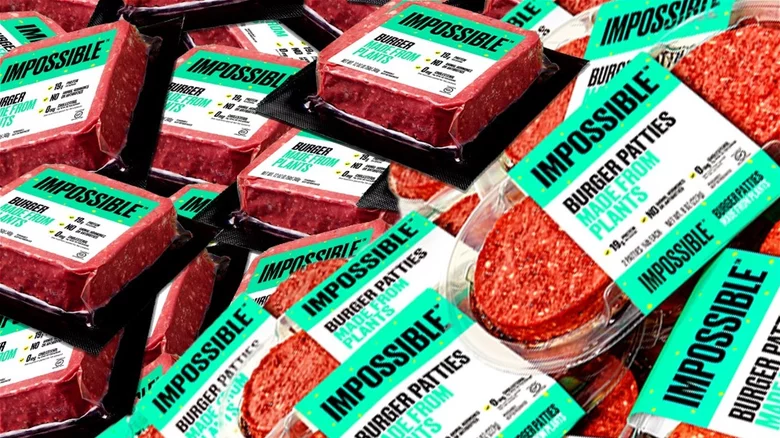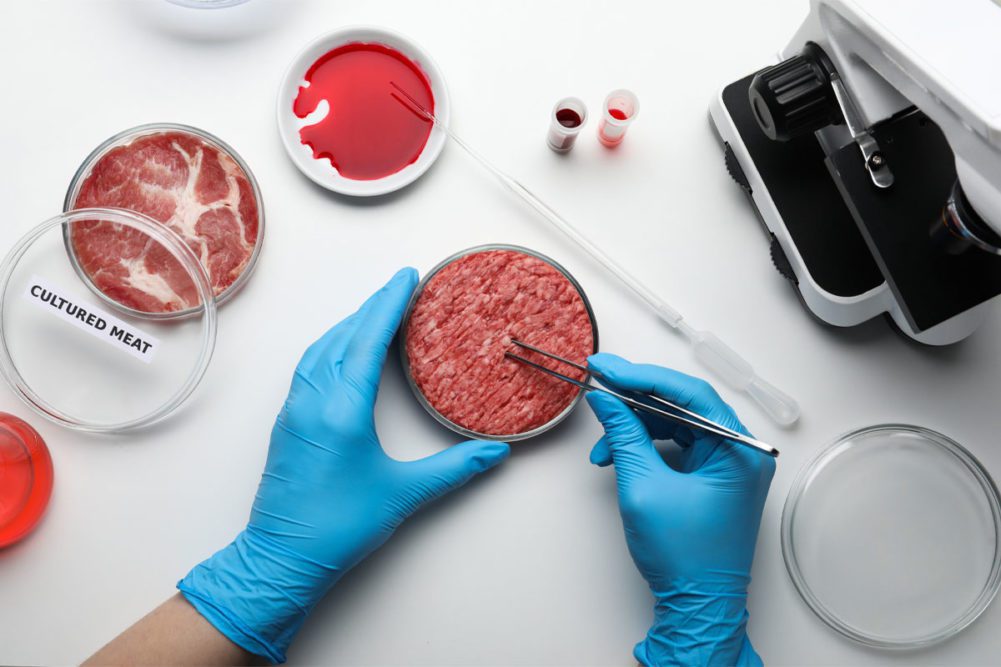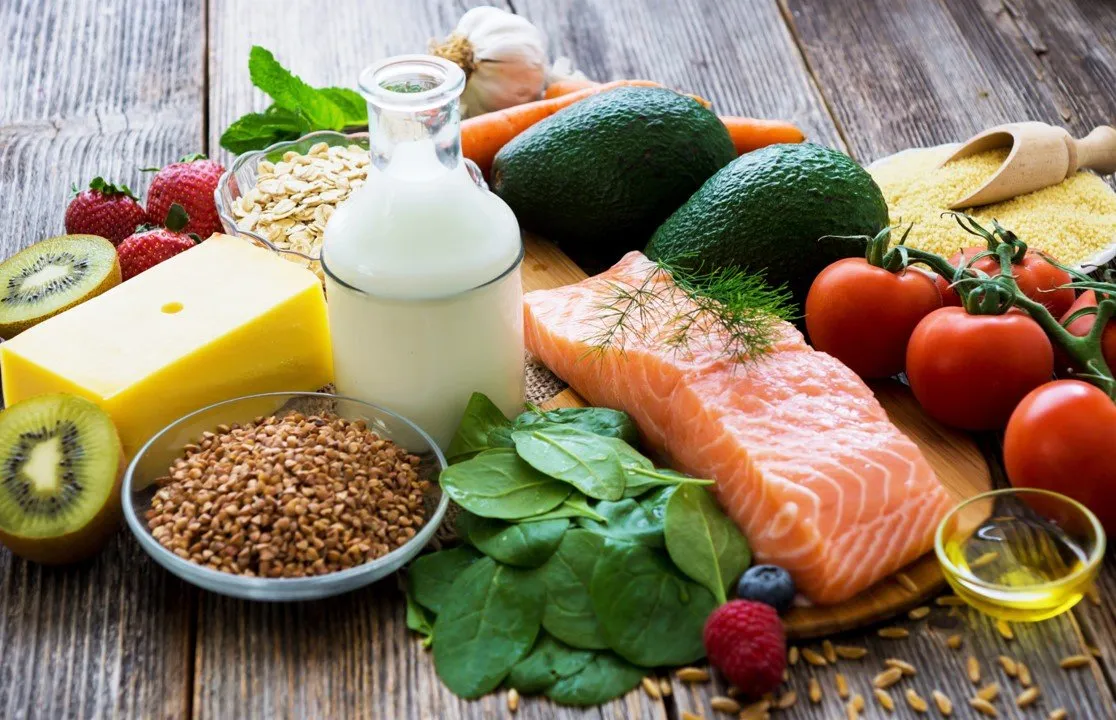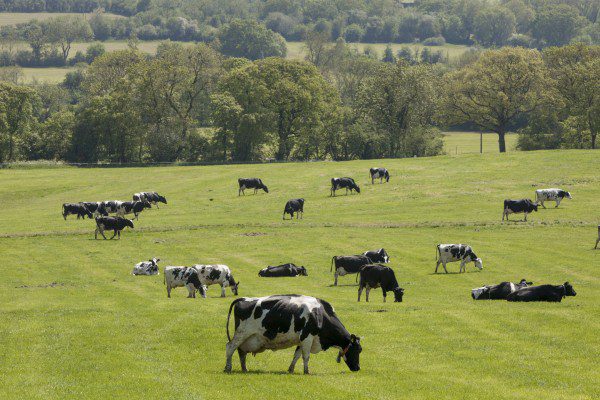The supply of sulfuric acid will be reduced between 40% and 130% of current global rates due to increased demand for intensive agriculture, a new study published in the Royal Geographical Society journal predicts.
“The dwindling supply could lead to a transition period when green tech outbids the fertilizer industry for the limited, more expensive sulfur supply, creating an issue with food production, particularly in developing countries,” says study co-author Dr. Simon Day, UCL Institute for Risk & Disaster Reduction.
In a bid to decarbonize the global economy by reducing the production of fossil fuels to deal with climate change, 80% of global sulfur supply produced from the desulfurization of fossil fuels is also affected.
To meet increased demands created by the green economy, researchers say that unless action is taken to reduce the need for sulfuric acid, a massive increase in environmentally damaging mining will be required.

Used for the production of phosphorus fertilizer and manufacturing lightweight electric motors and high-performance lithium-ion batteries, sulfuric acid is expected to increase in demand from 246 to 400 million tons by 2040, as per the study.
This will lead to a shortfall in supply of between 100 and 320 million tons.
Supply and demand gap
Over 80% of the global sulfur supply comes from the sulfur waste generated by crude oil and natural gas desulfurizing. This process is beneficial for the environment as it reduces the sulfur dioxide gas emissions that cause acid rain.
However, to fight climate change, the global economy is shifting to reduce the production of such fossil fuels. This decarbonization will subsequently lead to a significant drop in the supply of sulfur as the alternative source is direct mining of elemental sulfur, which is expensive and “toxic and destructive” to the environment.
“Sulfur shortages have occurred before, but what makes this different is that the source of the element is shifting away from being a waste product of the fossil fuel industry,” says study lead author, Professor Mark Maslin, UCL Geography.
Sulfur solutions
According to the study, in-depth research is needed to develop low-cost, low-environmental impact methods of extracting large quantities of elemental sulfur from the abundant deposits of sulfate minerals such as gypsum and anhydrite.
The environmental, human, and economic issues associated with conventional mining methods are causes for regulating sulfur mining, which will collapse the market and leave a colossal demand crisis, note the researchers.
They suggest reducing sulfur dependency on the dominant fertilizer industry and new users consuming increasing amounts of sulfuric acid as part of the transition to post-fossil fuel economies.
Regarding phosphorus fertilizers, recycling sewage and other waste can be looked into instead of processing phosphate rock for sulfuric acid.
“By recognizing the sulfur crisis now, we can develop national and international policies to manage future sulfur demand, increase resource recycling, and develop cheap alternative supplies which have a minimal environmental and social impact,” the researchers state.
Cell-based alternatives to agriculture?
With the development of more and more cell-based varieties of food, conventional food consumption and production methods are evolving to meet the demands of climate change and the economy.
“Conventional seafood production has reached its limits as more than 90% of edible fish stocks are exploited to maximum levels, which poses a serious threat to marine ecosystems,” Sebastian Rakers, CSO and co-founder of Bluu Seafood, previously told FoodIngredientsFirst.
Similarly, Spanish company Mimic Seafood aims to provide plant-based, cell-based and fermentation-based alternatives to seafood. The company recently expanded its production capacity in Madrid to bring more consumers to its tomato-based tuna sushi.

In another such expansion, CellMEAT, a cell-based shrimp manufacturer, shared plans to bring its flagship Dokdo shrimp to markets in Korea, the US and Singapore by 2024. The Korea-based business bagged US$8.1 million in a series A round of funding, which it will use to launch its Seoul center with a capacity to produce 100 kg per day, Heejung Kim, COO of CellMEAT, told FoodIngredientsFirst.
Recently, Singapore became the first in the world to grant permission to sell cultured meat after rigorous consultation and review by the Singapore Food Agency.
Food-tech company Aleph Farms grows meat cuts from beef cells using a 3D tissue engineering platform. Steaks are grown directly from non-GMO cells, isolated from a living animal as part of a strategy to advance food security by producing fresh quality meat anywhere, independent of climate change and local natural resource availability.
A 2020 study also indicated a potential market for cultured meat and a movement toward reduced-meat diets across Germany and France.
These research findings were released just as Mosa Meat announced the first closing of a US$55 million financing as part of a more considerable Series B funding round. The European food technology company introduced the world’s first cultured beef hamburger in 2013.









